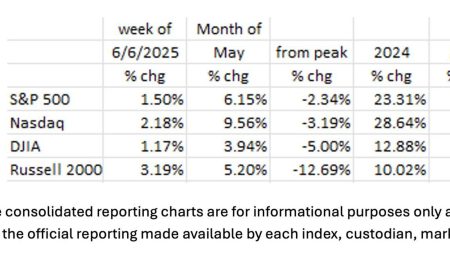The Perilous Combination of Aging, Alcohol Abuse, and Driving: A Case Study and Call to Action for Families
The intersection of aging and alcohol abuse presents a unique set of challenges for families, often marked by fear, denial, and a sense of helplessness. When an aging loved one’s alcohol dependence escalates to the point of endangering themselves and others, particularly behind the wheel of a car, families must overcome these obstacles and take decisive action. This is not merely a matter of family dynamics; it is a public safety issue with potentially devastating consequences. The following case study illustrates the gravity of the situation and provides a framework for families grappling with similar circumstances.
The case involves an aging mother (AM) with a history of alcohol abuse, two drunk driving arrests, and, alarmingly, continued access to a vehicle. Despite her struggles with sobriety and demonstrably dangerous behavior, her spouse (AH) and adult children remained paralyzed by inaction, clinging to denial despite the clear and present danger. AM’s cognitive decline, characterized by “serious memory problems,” further compounded the risk. The family’s inaction underscores a common theme in such situations: a mixture of fear, denial, and a sense of powerlessness that prevents effective intervention. The family admitted to being unsure of what steps to take, highlighting the need for clear guidance and support for families facing this difficult reality.
The consultation with the RN-Attorney and geriatric psychologist team at AgingParents.com revealed several critical issues. Firstly, the family’s inaction allowed AM to continue driving, posing an immediate threat to herself and the public. Secondly, the family lacked the legal authority to intervene effectively due to the loss of estate planning documents in a previous house fire. This lack of legal standing prevented them from taking control of AM’s finances or healthcare, further hindering their ability to address her alcohol abuse and driving. The consultation provided concrete, actionable advice, starting with the immediate removal of AM’s car keys and vehicle access. This crucial first step, while seemingly simple, was overlooked by the family, demonstrating the power of denial in clouding judgment and hindering effective intervention.
Beyond the immediate action of restricting driving privileges, the consultation focused on establishing legal guardianship. This legal process, though often viewed as a last resort, offers a critical pathway for families to ensure the safety and well-being of their loved ones when they are no longer capable of making sound decisions for themselves. The consultation emphasized the importance of collecting evidence of AM’s dangerous behavior, including her alcohol abuse, cognitive decline, and driving record, to present a compelling case to the court. Furthermore, the consultation recommended seeking professional assistance from a physician or mental health provider to bolster the legal proceedings. This multi-pronged approach, combining immediate intervention and long-term legal strategies, provides a comprehensive framework for addressing complex cases of elder alcohol abuse.
The case study underscores the vital role of legal instruments like Durable Power of Attorney and Healthcare Directives in facilitating timely intervention. The family’s loss of these documents further complicated their ability to address AM’s situation. It highlights the critical importance of having these documents in place and readily accessible to avoid unnecessary delays and obstacles when a crisis arises. The consultation emphasized the urgency of seeking legal advice from a guardianship attorney, a crucial step in navigating the legal complexities of guardianship and ensuring the family’s actions are legally sound and effective. The consultation also addressed the delicate issue of selecting a suitable guardian, recognizing that AH’s denial made him an unsuitable candidate.
This case represents a chilling example of the dangers of untreated alcohol abuse in older adults, compounded by the enabling behavior of family members. The combination of cognitive decline, alcohol dependence, and continued driving privileges created a life-threatening scenario for AM and the public. The family’s reluctance to act, stemming from a mix of denial, fear, and uncertainty, allowed the situation to escalate to a critical point. The consultation served as a wake-up call, providing a roadmap for immediate intervention and long-term legal solutions. It emphasizes the importance of proactive planning, the utilization of legal tools, and the courage to confront a difficult reality for the sake of the individual and public safety.
The broader implications of this case study extend beyond the specific family involved. It serves as a stark reminder of the prevalence of alcohol abuse among older adults and the potential for devastating consequences when left unaddressed. It highlights the need for increased awareness, education, and resources for families struggling with this issue. The case underscores the crucial role of healthcare professionals, legal experts, and support organizations in providing guidance and assistance to families navigating these complex situations. It emphasizes the importance of timely intervention, the utilization of legal mechanisms, and the courage to act decisively when an aging loved one’s behavior poses a threat to themselves and others. This case serves as a powerful call to action for families, communities, and healthcare providers to address the often-hidden crisis of elder alcohol abuse and its potentially fatal consequences.










